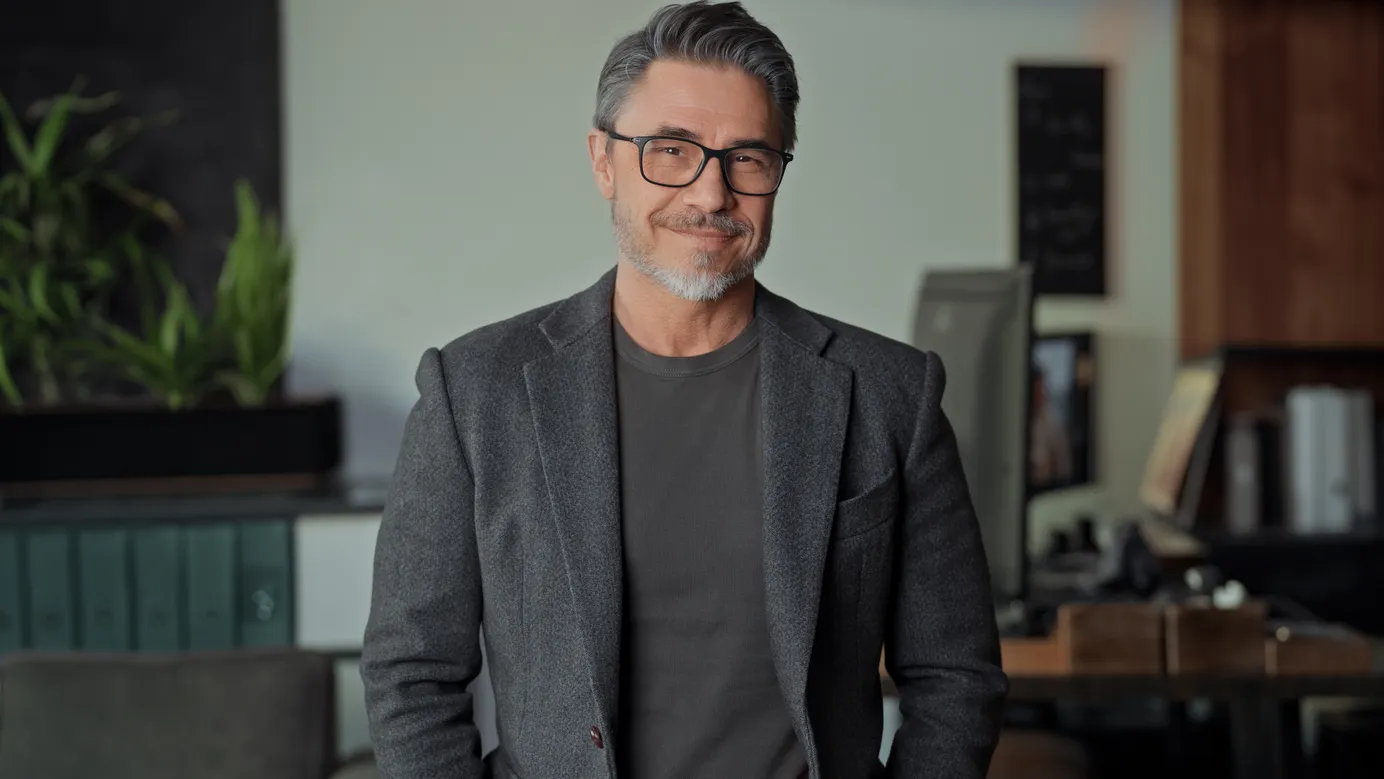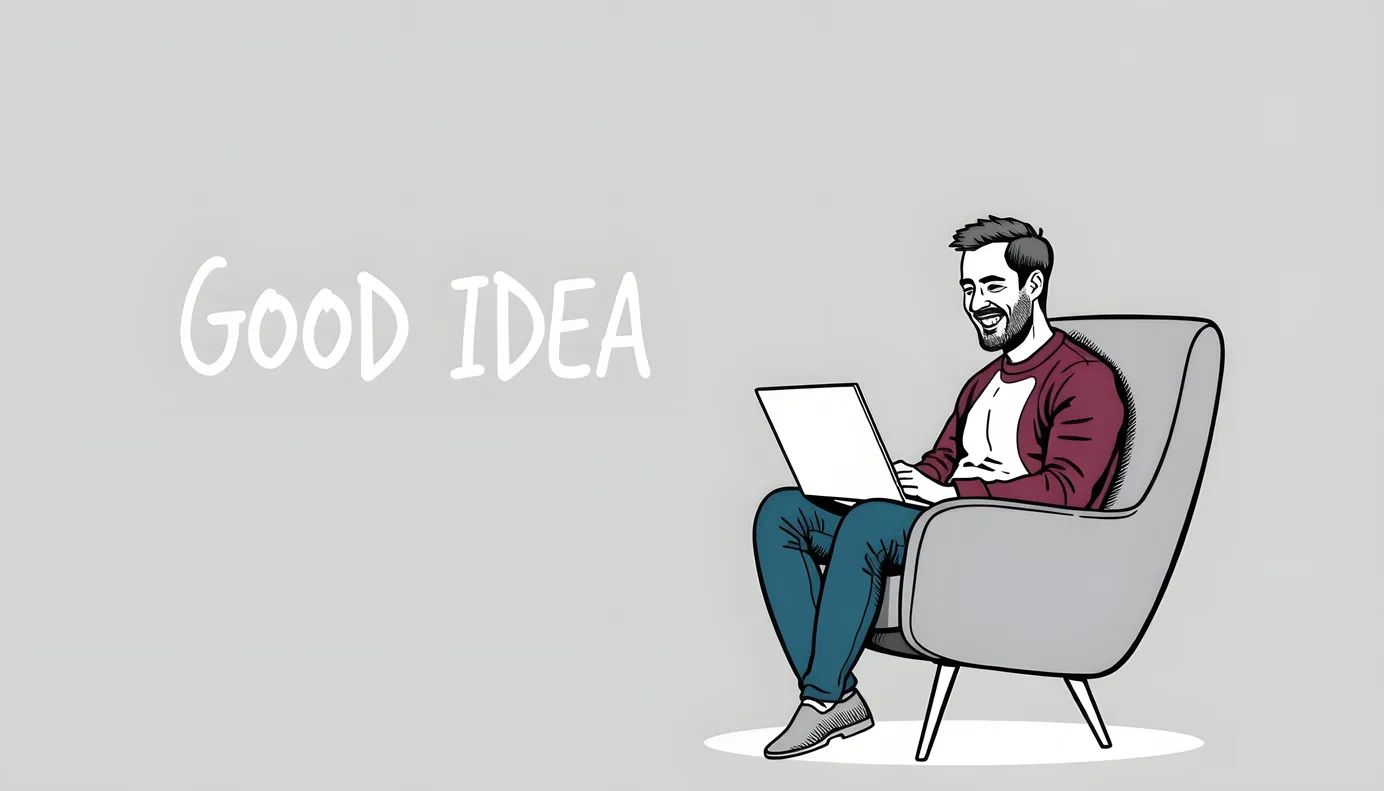Estate Planning 2.0: For Flexibility & Longevity

Summary: Traditional estate planning doesn't fit today's longer, unpredictable lives. How to build for flexibility and longevity.
Imagine retiring at 65 only to live another 30 years—would your estate plan still work?
With longer lifespans and unpredictable life paths, traditional estate planning models no longer meet the needs of modern retirees and midlife professionals.
Our lives today aren’t linear—they’re full of unexpected twists, career transitions, and evolving family structures. Estate planning must evolve to reflect this reality.
This guide explores why adapting your estate plan for longevity and flexibility is crucial, how today’s complexity reshapes planning needs, and the practical changes you can implement to future-proof your financial legacy.
Why Traditional Estate Planning No Longer Works
The Old Model of Estate Planning
For decades, estate planning followed a straightforward formula, which revolved around these stages:
- Youth and Education
- Career and Wealth Accumulation
- Retirement
- End-of-Life Asset Transfer
This approach worked when life expectancy was shorter, leaving less need to plan for decades of retirement.
However, longer lifespans and modern experiences like diverse careers, second marriages, and late-life relocations challenge these assumptions.
The Impact of Longer Lifespans
Today, living into one’s 80s or 90s is increasingly common, thanks to medical and lifestyle improvements. But longevity brings a new challenge—ensuring that financial resources last for decades of retirement.
Instead of retirement being a short final stage, it's now a dynamic, decades-long period.
For example, consider Teresa, who retired at 65 with a carefully planned budget, only to incur unexpected medical costs in her 80s. Without appropriate adjustments to her estate plan, she risked depleting her funds before providing for her family.
Life Is No Longer Linear
Modern lives are anything but predictable. People switch careers, move abroad, take sabbaticals, adopt children later in life, and enter into blended family structures.
David, a 55-year-old professional who sold his business and moved abroad, learned this the hard way. His estate plan didn’t account for international tax laws, leading to costly fees and a restructuring of his assets to ensure his children would inherit efficiently.
These scenarios highlight the need for estate plans that adjust to life’s winding paths. To future-proof your finances, you need an estate plan that’s as flexible and adaptive as life itself.
Why Estate Planning Must Adapt to Longer Lives
Think of modern estate planning as more than a one-time task. Instead, approach it as an ongoing process that evolves with your life. Here’s why adopting a dynamic approach is essential:
Regular Updates Are a Must
Life constantly evolves, and your estate plan should, too. Significant life changes like a marriage, divorce, career transition, or relocation should prompt a review of your estate documents. Without updates, you risk your plans becoming outdated and ineffective.
Flexible Tools for Dynamic Lives
Financial instruments like revocable living trusts allow modifications as your circumstances change, while durable powers of attorney ensure preparedness for both long-term incapacity and temporary disruptions, such as extended travel.
For example, consider Linda, a 62-year-old business owner who decided to semi-retire. By restructuring her estate plan with a revocable trust, she ensured her assets could continue supporting her evolving lifestyle while still providing for her heirs.
Address Family Complexity
Modern families are often non-traditional, with blended families, stepchildren, multi-generational living, or international dependents.
Flexible plans can accommodate shifting dynamics, ensuring fair and thoughtful distribution of assets.
When Sam remarried in his 60s, he amended his estate to address the needs of his new spouse while still ensuring his adult children from his previous marriage would receive their fair share.
Taking these steps early reduced potential conflicts and misunderstandings.
Plan for Healthcare Costs
Living longer often comes with increased healthcare expenses. Designating funds for medical care, long-term care insurance, and specialized trusts can protect both your finances and your peace of mind in later years.
For instance, Alice, an 85-year-old retiree, utilized a healthcare trust to cover her rising assisted living costs, avoiding the need to liquidate assets intended for her grandchildren’s education.
Early Gifting Opportunities
Estate planning isn’t only about what you leave behind; it’s also about the impact you create while living. Gifting during your lifetime—such as contributing to grandchildren’s education or supporting a family startup—can provide emotional rewards alongside financial benefits.
Why Midlife Is Critical for Estate Planning
Midlife serves as the perfect moment to rethink your estate planning strategy. By your 40s or 50s, you may find yourself balancing multiple priorities that require careful financial foresight.
Complex Financial Portfolios
At midlife, you’re likely managing a variety of assets, from retirement accounts to real estate and digital investments.
Estate plans must consider this complexity, especially for individuals with cross-border assets requiring compliance with multiple jurisdictions.
Career Transitions and Evolving Income
Career shifts, such as becoming a consultant or starting your own business, often diversify or disrupt income streams. An adaptable estate plan allows you to recalibrate your resources whenever necessary.
Take Lisa, who transitioned from a corporate leadership role to consulting in her mid-50s. She modified her estate plan to address fluctuating income and ensure future stability for her family.
Longevity and Intergenerational Needs
Midlife often involves caring for aging parents while also supporting children or grandchildren. Estate planning bridges these generations, ensuring resources extend adequately across the family while securing your own long-term independence.
How to Build a Future-Proof Estate Plan
Creating a nonlinear estate plan goes beyond minor adjustments. Here are some practical steps to ensure your plan evolves with you:
1. Review Regularly
Treat your estate plan like routine maintenance. Review it every 2–3 years or after significant life milestones.
2. Use Flexible Legal Tools
- Revocable living trusts adapt to shifting needs.
- Durable powers of attorney protect you during incapacity or temporary absences.
3. Prepare for Long-Term Care
Explore options like long-term care insurance and healthcare-specific trusts to handle unforeseen medical costs.
4. Plan for International Assets
If you own property or investments abroad, consult cross-border estate experts to ensure compliance with local laws.
5. Communicate Openly
Discuss your plans with family members to minimize misunderstandings. Transparency fosters trust and reduces conflicts.
6. Seek Professional Guidance
Work with experts in estate planning, finance, and law to tailor your approach to your unique circumstances.
Looking Ahead with Confidence
The world is moving away from linear paths, and your estate planning should follow suit. By adopting a flexible, dynamic strategy, you can ensure your assets are protected and effectively distributed across shifting decades and unexpected turns.
Whether you’re transitioning into retirement, growing your career, or managing complex family dynamics, a thoughtful estate plan offers resilience and peace of mind. Start building or updating your own future-proof estate plan today—because a longer, unpredictable life requires a smarter approach.
Got an idea? We want to hear from you!
At The IC, we're always excited to bring fresh perspectives and unique voices to our community.
We'd love to connect if you have feedback, an article idea, or want to join us as a guest writer.
Email us at hello@interludecafe.com or head over to our Contact Us page to get started!






